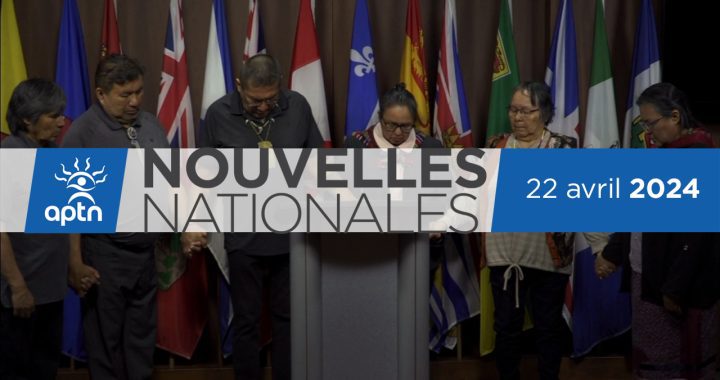In an announcement made to much fanfare this week, Quebec’s education minister confirmed the province is scrapping its “ethics and religion” course in favour of one called “Quebec values and citizenship.”
“When you live here in Quebec, you know that Quebec is different than the rest of North America – we’re not New York, we’re not Vermont, we’re not Ontario, we’re not New Brunswick,” Education Minister Jean-Francois Roberge explained during a recent news conference, where he was pressed by reporters to define “Quebec culture.”
“We have a Quebec’ way of life. We have our artists – Francophone and Anglophone – we have our cultural legacy. And that’s our culture here in Quebec,” Roberge added.
According to a tentative course outline revealed during Roberge’s Oct. 24 news conference, the focus will be on “understanding Quebec culture, Quebec values, rights and freedoms, and state secularism,” sex education – and in a final bullet point – “better understanding of First Nations and Inuit culture.’
But were Indigenous stakeholders consulted?
“Of course, we did listen to them,” Roberge added.
However, there’s been significant fallout from First Nations political and educational organizations in the days following Roberge’s announcement.
“The [course] title paints everybody from the same brush. And we were not at all consulted about that new title – which makes a huge political statement,” explained Denis Gros-Louis, director of the Wendake-based First Nations Education Council.
“It says that first and foremost, everyone is Quebecois ‘from the same culture’ – with no ‘s.’”
In an interview with APTN News, Gros-Louis confirmed the First Nations Education Council held a meeting with Quebec’s education ministry to express the need to revise school curriculums.
His initial impressions were positive, and he told APTN Quebec seemed open to the organization’s ideas at the time.
This week’s big curriculum reveal, however, is a false start towards real collaboration, according to Gros-Louis.
“Be upfront with your partners. You want true collaboration? You want to reconcile? Be upfront with your partners,” he said.
To the Assembly of First Nations Quebec-Labrador (AFNQL), the proposed curriculum implies rights of the “Quebec nation” in terms of culture, language and heritage are superior to those of other nations who share the territory, and that “this national supremacy is legitimate.”
“[The] strong nationalistic content put forward by the Legault government will be taking us back years, whereas it could have been a step forward towards the Systemic Reconciliation that First Nations are proposing to Quebecers,” AFNQL Regional Chief Ghislain Picard said in a statement.
“There are other ways to build national pride.”
In an open letter to Quebec’s education ministry, the First Nations Education Council requested involvement as the “master builders” of the course’s proposed Indigenous unit, while making it clear “[Indigenous] children do not need to feel like Quebecers to actively participate in Quebec society.”
“We want the content to be done and written by the First Nations and Inuit communities and experts so that it truly reflects who we are today,” Gros-Louis added.
“We want to get rid of all those clichés from the Hollywood movies, about shamanism and all that – because we want our kids, when they go from our schools to a local activity, or when they have to go to a provincial network school – that they’re looked at as an equal student, not as someone that is weird because apparently at night they practice shamanism.”
They’ve also asked the Quebec government to change the course name to be more inclusive and more reflective of the modern-day, “diverse” Quebec Gros-Louis and his peers see on a daily basis.
According to the education ministry, the “Quebec values and citizenship course” will be taught in schools on a volunteer basis as part of a pilot project starting in Fall 2022.
APTN reached out to the ministry with a copy of the First Nations Education Council’s letter, asking for a response.
The email went unanswered before this story was published.
According to Gros-Louis, continuing to ignore specific requests from First Nations leaders contradicts the government’s public statements about fighting racism while “reconciling” with First Nations and Inuit.
“Let’s say that you’re five or 10 years old and you speak your native language, and you go to a provincial school and you’re being told ‘you’ve got to speak French because you’re in the provincial network now.’ What message does it send? It’s a bad one. It says you can’t be proud of who you are,” Gros-Louis added.
“And then you go into that new course that says there’s only one culture in Quebec: the majority culture. Then it sends a signal: your parents went to residential schools, this is what they went through. And in 2021, that same attitude continues on our youth.”









